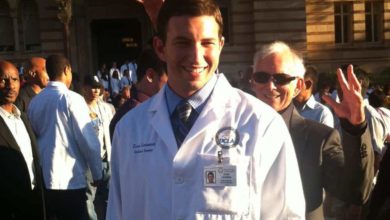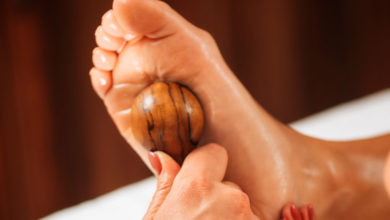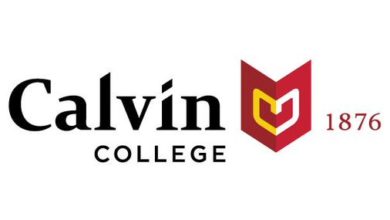|It’s never too early to start preparing to become a doctor. Nevertheless, preparing does not mean worrying. Here are 5 things high school students should know about medical school to calm their anxiety while being better equipped.
1. Be prepared to study differently in college
In high school, you are assigned homework and tested frequently. In college, homework is not very common and usually there are just a few exams per semester/quarter. Your grade in many science classes may depend on two midterms and one final. That’s a lot of pressure on a few exams. In high school, if you mess up a test, you can make it relatively easily because there are many more tests in the same semester. In college, it’s a little bit more difficult to make a bad exam (although it is very possible). With that being said, be prepared to step up your game. And it’s not just about studying more; it’s about studying smart. In spite of all this, don’t be freaked out when you do worse than you expect academically. College is supposed to be hard. If you perform poorly, the best thing you can do is regroup, figure out what you did wrong, and prevent the same mistakes from happening again. Knowing this from early on will prevent future panic.
||Read: Dropping Premed Because of One Bad Semester||
2. Don’t be afraid to get involved
It’s true that your GPA is incredibly important for medical school admissions. Many times, students will just focus on their grades and not get involved in any extracurricular activities. On the flip side, there are students who will overcommit to activities and sacrifice their grades. Both extremes are not the right way to go. Don’t be afraid to get involved especially during your freshman year. Be wary of overcommitting but keep in mind that you probably don’t need to study 40 hours a week in college. Fill your schedule with other things that you are passionate about, premed related or not. Before you join any club or activity, ask yourself these three questions:
1. Will this experience help me grow as a person?
2. Will this help me confirm my passion for medicine?
3. Is there a positive community of people here?
Be extremely careful of doing something just because someone else is doing it or because you feel like you “need” to for the sake of medical school.
||Read: Undergraduate Research – An Experience You Shape||
3. Learn to separate work and play
This point is intimately connected to point number 2. Successfully balancing your extracurricular activities with your studies is highly dependent on separating work and play. Playing when you should be working/studying makes you less efficient and effective. Playing when you should be playing makes you happier, more satisfied, and well rested. One of the best ways to separate the two is by scheduling time to study and scheduling time to play. Schedule a dinner in between study blocks. Study 2 or 3 hours during the day and go to a concert at nighttime. If you have play to look forward to, working becomes a lot easier to do and much more rewarding.
||Read: How I Studied in College Part 1||
4. The path seems more daunting than it actually is
When you think about all that you have to do in order to get into medical school, the path seems very daunting. I was honestly worried when juniors and seniors would talk about all that they did in preparation to get into medical school. I wondered how I was going to balance getting good grades while handling a load of extracurricular activities. As I slowly eased myself into my classes and different activities, I realized that it was really not that bad. Taking it one step at a time without being paralyzed by fear goes a long way. Also if you learn how to enjoy the journey rather than only focusing on the end goal, the path becomes much more enjoyable.
||Read: Path to Medical School Part 1||
5. Focus on character, not your resume
It’s very easy to have a checklist mentality during college. It’s also very tempting to do things just because they look good on your resume. Instead of evaluating yourself based on your resume, use character as a barometer instead. Are you caring for others? Are people willing to work with you? Are you honest or would you rather cheat to get a good grade? College is a perfect time to learn more about yourself and grow into someone who contributes positively to the world, whether you become a doctor or not. When you engage yourself in activities that build your character, your resume will take care of itself. Not only can admissions committees sniff out people who only care about their resumes, they are also looking for high character people who they think will become mature and compassionate medical students and great future doctors.



